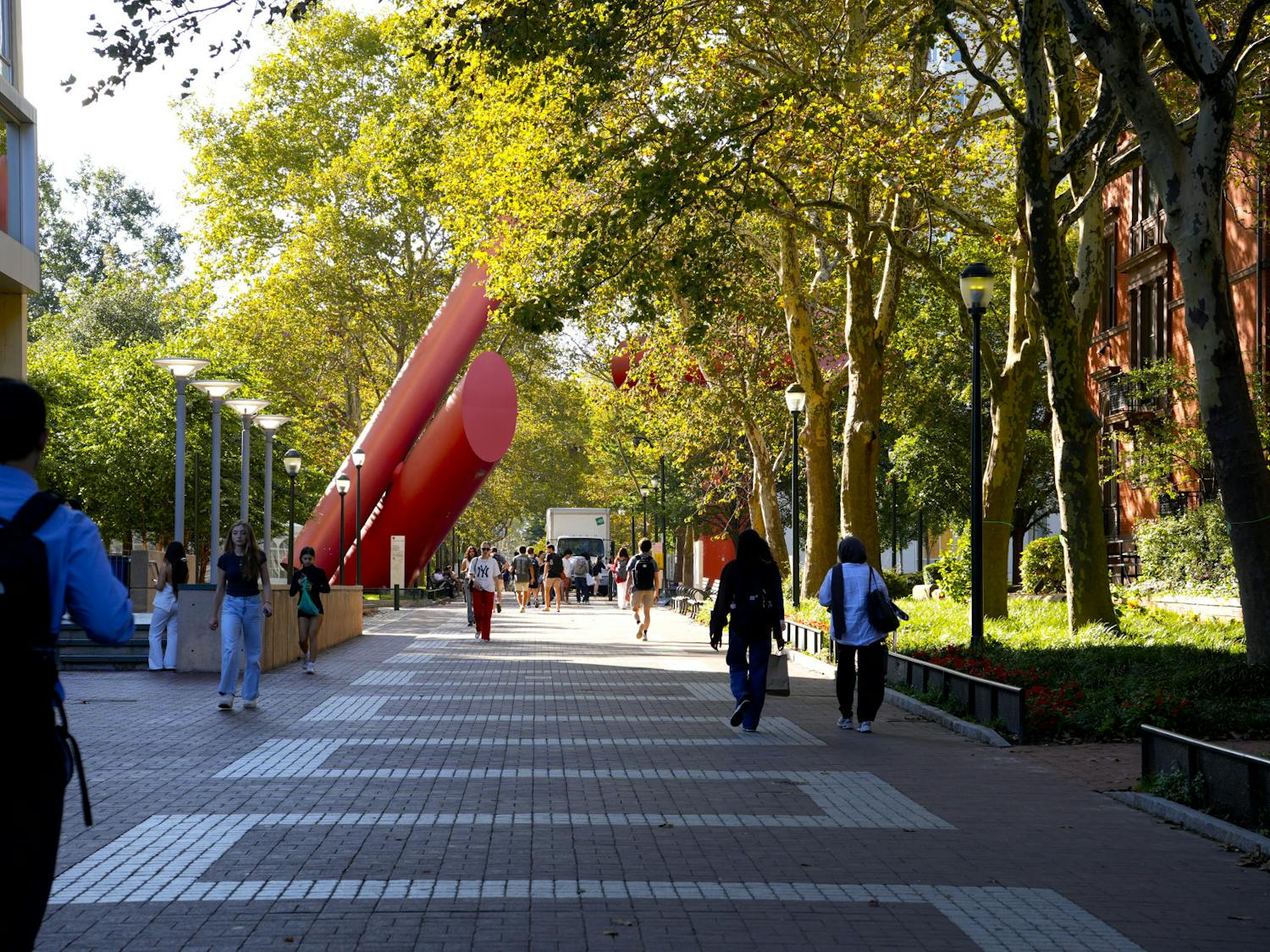Oceanside High School '98
Oceanside, N.Y.
Housing arrangements and dining plans aren't the only choices that members of the College of Arts and Sciences' Class of 2004 are making this summer.
They will also decide whether they want to participate in the College's new pilot curriculum program, which includes a modified General Requirement with four interdisciplinary courses instead of 10 regular College courses.
The 200 freshmen selected to be part of the pilot curriculum this fall will be the first to ever participate in the program, which will be overseen by a committee associated with the Committee on Undergraduate Education. Next year, 400 freshmen will be offered the chance to participate.
The pilot is the first step toward a potential revamping of the core curriculum for all College students. The faculty will decide whether to expand the initiative after a five-year test.
One pilot curriculum course will be offered every semester, on average, in each of four areas of study: "Structure and Value in Human Society," "Earth, Space and Life," "Science, Culture and Society" and "Imagination, Representation and Reality."
Students in the program will be expected to take one pilot course per semester during their first four semesters at Penn.
Classes offered this fall -- most of which will be taught by teams of professors -- will include titles like "Globalization and its Historical Significance," "The Self-Portrait" and "Life in the Universe."
In addition to the reduced General Requirement, the program will require all participants to have research experience and will place increased emphasis on the development of oral and communication skills and the use of free electives.
The current General Requirement requires College students to take 10 courses in seven different sectors, but does not force students to take any one particular course in each sector.
All incoming College freshmen should receive information explaining the differences between the pilot curriculum and the regular College curriculum in May, outlining the benefits and drawbacks of each.
Students can indicate a preference for one program or the other, and 200 of those opting for the pilot curriculum will be randomly selected to participate.
After the random selection process, the participant group may be somewhat adjusted to create a cross-section of the freshman class, College officials have said, ensuring a balanced mix of males and females and students who indicated different interests on their applications to Penn.
College Dean Richard Beeman said he was confident that the College will present the pilot curriculum to students in a balanced way so that many students will ask to participate in the traditional curriculum instead.
Though the pilot curriculum's General Requirement involves six fewer courses than does the regular General Requirement, this does not necessarily mean that all participating students will have six fewer required courses. Many students currently fulfill parts of the General Requirement using courses in their majors or Advanced Placement credits.
The pilot program was first suggested early last year by CUE, a body comprised of faculty members and students drawn from all of the undergraduate schools.








